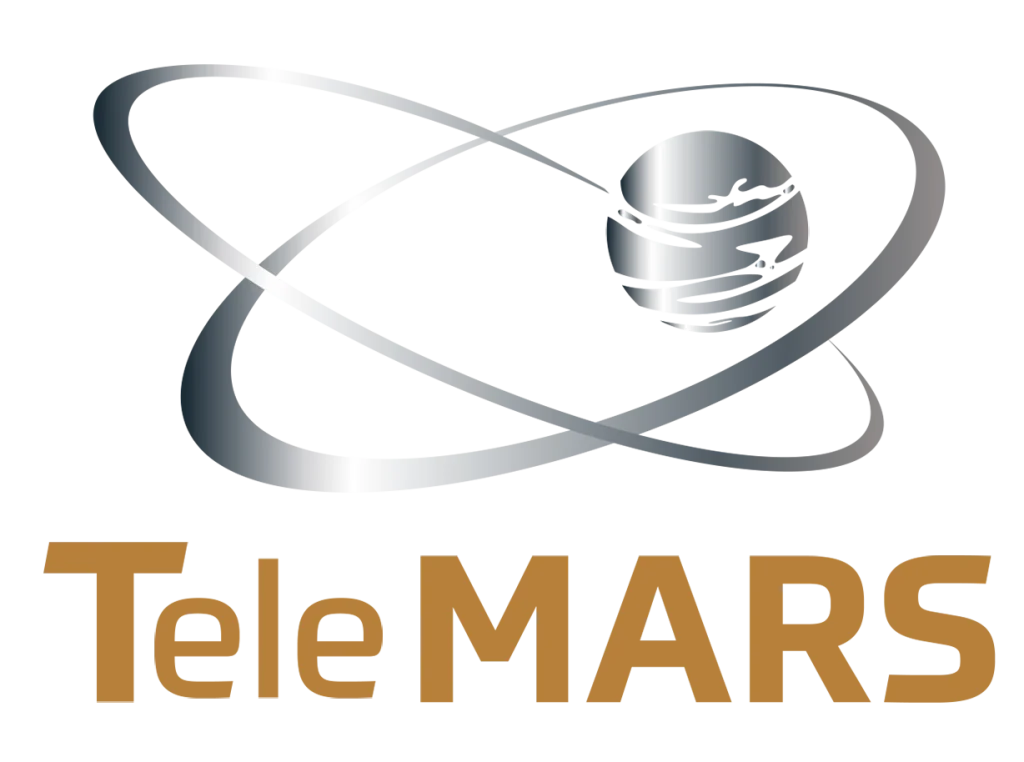Overview
In the era of AI technology, there is widespread concern that automation will replace human jobs. However, AI solutions can only function effectively when powered by the right knowledge and the right data. The foundation of such knowledge is deep subject expertise, which takes years of experience and effort to build. TeleMARS has engaged business strategists such as Shortbread Consulting Services working with StratDA to bridge the gap between business expertise and data-driven decision-making, ensuring that data-driven insights enhance rather than replace human expertise.
Challenge
Despite their deep domain knowledge, business experts faced several key challenges:
- Knowledge Gaps Between Business and Technical Teams: Often, technical solutions did not align with actual business needs due to miscommunication and differing priorities.
- Lack of Technical Skills: Business experts lacked the technical know-how to define and implement data-driven solutions.
- Shortage of Technical Talent: Finding skilled data engineers and analytics professionals was a major constraint.
- High Costs of Hiring Technical Talent: Even when available, hiring dedicated data teams was expensive and not feasible for many businesses.
- Too Much Data, Too Little Insight: Businesses collected vast amounts of data but struggled to extract meaningful, actionable insights.
- Knowledge Retention and Scalability Issues: Business expertise often resided with individuals, making it difficult to scale or transfer effectively within the organization.
Solution
StratDA provided a strategic solution by:
- Bridging the Knowledge Gap – StratDA acted as a trusted partner, translating business needs into technically feasible data-driven solutions.
- Augmenting Business Expertise with Scalable Insights – Ensuring that subject matter expertise was enhanced, rather than replaced, through data-driven, reusable insights.
- Facilitating Data-Driven Decision-Making – Providing business experts with tools to define and validate data-driven solutions without requiring deep technical knowledge.
- Reducing Dependence on Scarce Technical Talent – Allowing businesses to leverage data-driven solutions without having to hire full-fledged data science teams.
- Optimizing Data Utilization – Helping businesses focus on the right data, filtering out noise, and ensuring insights were actionable and aligned with business objectives.
- Ensuring Transparency & Knowledge Retention – Developing structured, traceable solutions that preserved institutional knowledge and made expertise scalable across the organization.
Results & Impact
- Alignment Between Data-Driven Solutions and Business Needs: Implementations were fully aligned with business strategies and objectives, leading to higher adoption and effectiveness.
- Empowered Business Experts: Subject matter experts could leverage data-driven insights without needing to acquire deep technical skills.
- Scalable and Reusable Insights: StratDA enabled businesses to transform expert knowledge into data-driven, scalable solutions that could be used across multiple consumers.
- Significant Cost Savings: Businesses achieved data-driven transformation without the prohibitive cost of hiring and managing large technical teams.
- Improved Decision-Making: By focusing on the right data and generating high-value insights, businesses made faster, smarter, and more strategic decisions.
- Future-Proofing Expertise: The business’s critical knowledge was structured in a way that ensured longevity and sustainability, reducing reliance on individual experts.
Conclusion
StratDA proved to be an indispensable partner in helping business experts transition to the data-driven era. By acting as a bridge between business expertise and technology, StratDA ensured that businesses could harness data-driven insights effectively without losing the essence of human knowledge.
With StratDA, businesses can scale their expertise, optimize their data, and confidently step into a future where data-driven intelligence and human expertise work together to drive success.


